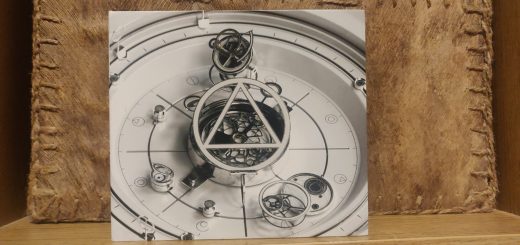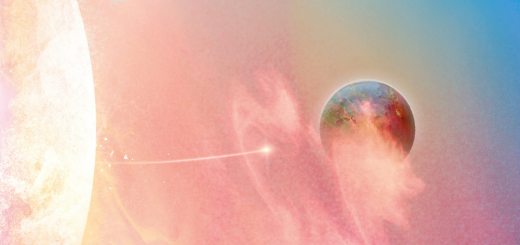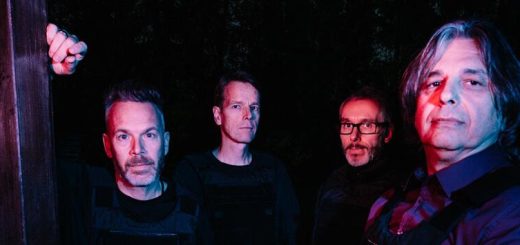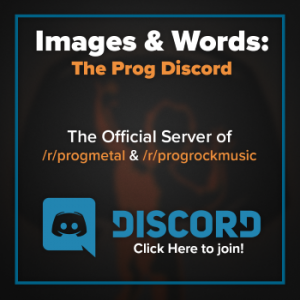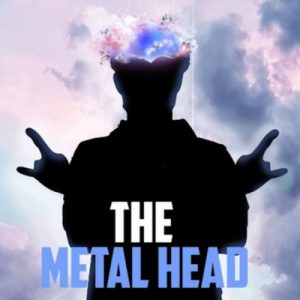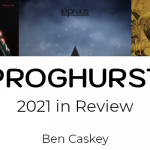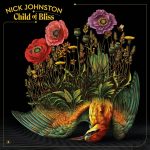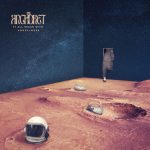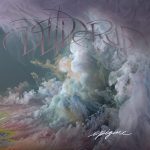Dream Theater: ‘Parasomnia’ Review
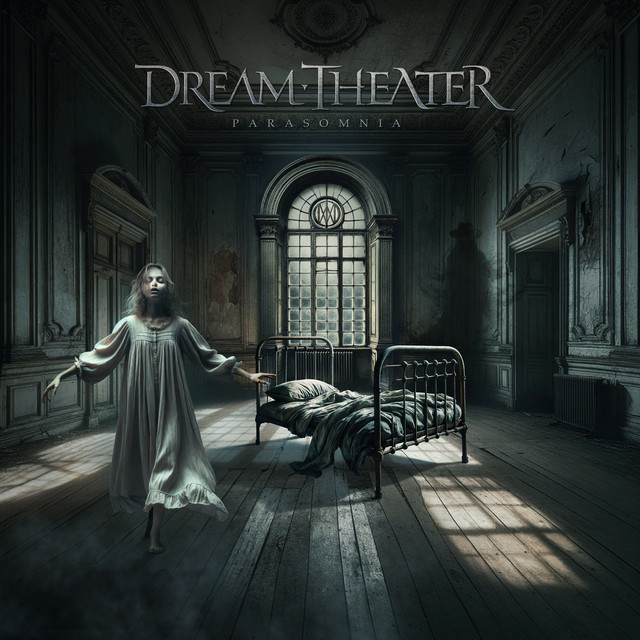
The album artwork for Parasomnia
To describe Mike Portnoy’s return to Dream Theater as a dream come true might be a bit of a cheesy cliché but nonetheless it reflects the feelings of many of their long-time fans. I thoroughly enjoyed the classic line-up’s first live show back together in London last October but I will admit to feeling some trepidation about the prospect of new material. Their previous three albums failed to really grip me and I had mixed feelings about the singles running up to this release.
However, I am delighted to report that with Parasomnia I experienced the most joy I’ve felt after pressing play on a new Dream Theater album since 2013. If you’re expecting something on the level of their classic 90s albums then you’ll probably be disappointed, but this is a solid addition to the DT catalogue.
The lyrical concept of the album is fairly loose, with its themes centring on dreams and sleep disorders within the confines of separate short stories. Nonetheless this is Dream Theater back at their dramatic storytelling best. Musically, this album has been characterised as picking up from where the band left off with Portnoy fifteen years ago but I disagree with that evaluation. The writing style of the record feels like a natural evolution from the last two albums with Portnoy’s idiosyncrasies freshly re-injected into the formula.
It’s not as oppressively heavy as fan favourite record Train of Thought but this is definitely Dream Theater’s most metal-orientated album for a long time. There are familiar synth sounds and signature drum fills aplenty but the songs never feel like a direct recreation of past glories. Instead, this is the work of a band who are confident in their own identity and more concerned with having fun making music together than trying to reinvent the progressive metal wheel.
The esteemed Andy Sneap is once again behind the mixing desk which aids in achieving the more metal sound of the record, though I feel this could have been taken a little further to make the album sound even more menacing considering the often rather dark subject matter. John Myung often feels like the unsung member of the band so it’s refreshing to hear his bass playing fairly high up in the mix.
Another great production choice is the greater emphasis on backing vocals provided by Portnoy and John Petrucci. This gives the material more of a live feel compared to just having concurrent layers of James LaBrie’s voice. Those who disliked the Portnoy co-lead vocals of the late 00s albums need not worry though, there are no cookie monster growls here.
Proceedings begin with In the Arms of Morpheus, an instrumental that acts as an overture rather than containing a smorgasbord of solos. It establishes the sinister mood of the album and introduces a handful of recurring motifs within a fairly succinct runtime. Lead single Night Terror seemed a bit ‘DT by the numbers’ outside of the context of the full album but it’s a solid track that works well as an anchor for the listener by giving them something familiar to latch on to before the album takes a few less conventional turns.
A Broken Man features one of the most fun instrumental segments of the whole album in which Jordan Rudess gets to display his chops in an extended solo that cycles through three different synth sounds. Then things take an unexpected turn as guitarist Petrucci solos over a blues boogie section that catches you off-guard in the best way possible. Midnight Messiah also dips into some surprising musical territory with a chorus that draws on thrash and power metal. It’s the most high energy song of the bunch and could be a future live favourite.
Taking a break from the heavier and more technical aspects of Dream Theater’s sound, Bend the Clock proves to be the unexpected highlight of the album. For a band often accused by their detractors of lacking soul in their music, they sure know how to write a good ballad. LaBrie’s vocals are at their best here, conveying the melancholy and hope of someone looking for a way out that may never come whilst their situation continues to worsen. Petrucci delivers a signature melodic solo to close out the track, though I would have preferred to hear a resolution than a fade-out ending.
Album closer The Shadow Man Incident is a bit unusual for a twenty-minute epic as it’s more of a continuous piece of music than a suite of distinct sections. There’s a lot to digest here, including a homage to classic Rush around the three-minute mark as well as a catchy melodic chorus and some particularly evil riffs throughout. Real-world sleep disorders inform most of the album’s lyrics but here the band lean into fantasy territory akin to the Systematic Chaos album. The titular shadow man sounds like a monster from a Hammer horror but the band strike the right balance in their presentation of the character, making the villain seem like a real threat whilst also having some tongue-in-cheek fun with the concept.
Rumour has it that after the band wrap up their current 40th anniversary tour they’ll be playing Parasomnia in full on a dedicated tour of its own. Performing a whole new album live can be a risky move as the success of the tour can be hindered if the record isn’t received well by fans. Based on my first few days with Parasomnia and the incoming reactions from fans around the world I don’t think the band need to worry. I’m already looking forward to Dream Theater’s next visit to the UK and I have a renewed excitement for the future of their studio output.

